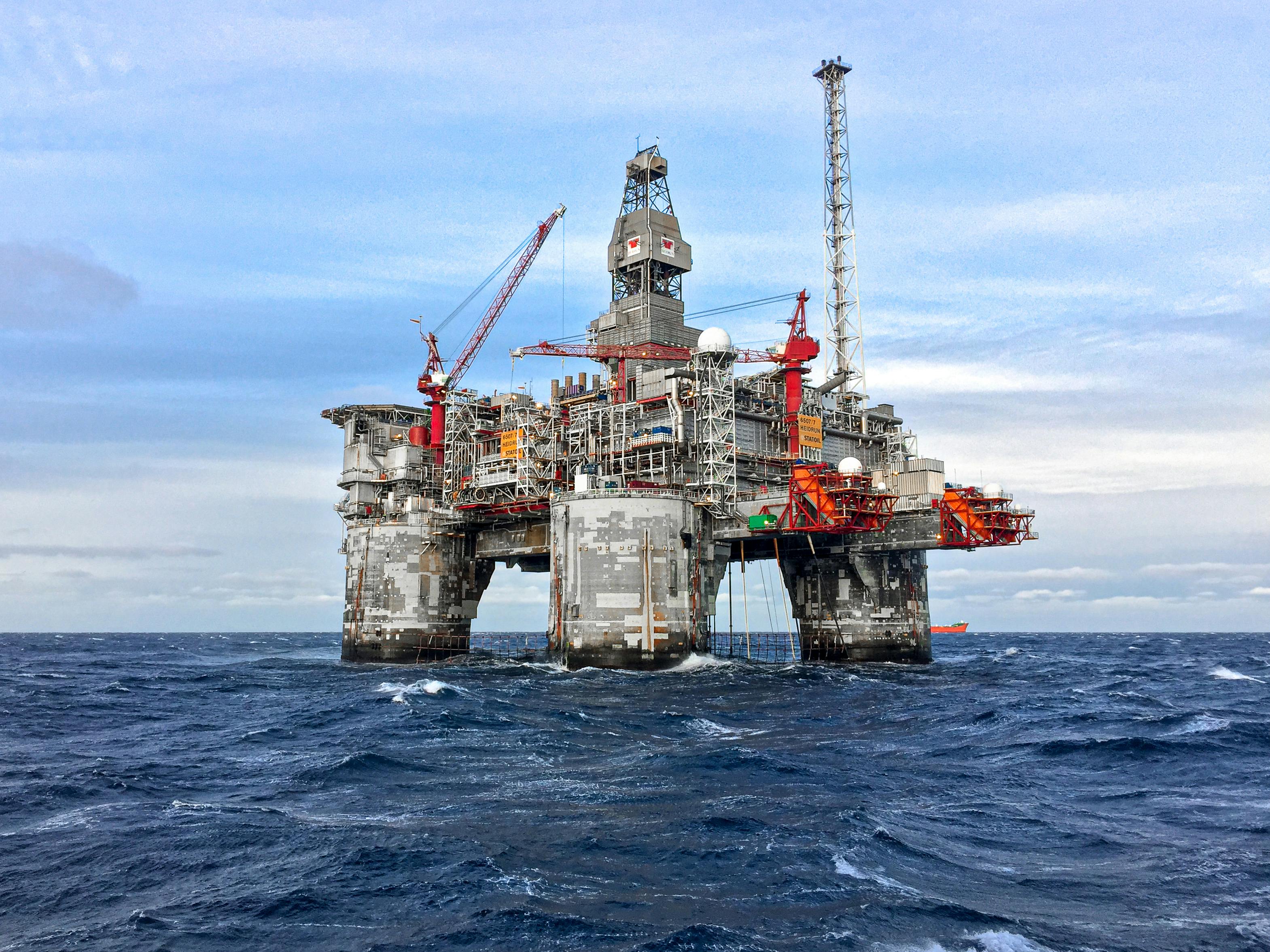Biden's Final Environmental Push: Offshore Drilling Ban Sparks Debate Over Economy And Ecology

In a bold move to solidify his environmental legacy, President Joe Biden has announced a sweeping ban on new offshore oil and gas drilling along most of the US coastline. This landmark decision will protect 625 million acres of ocean, marking a significant victory for conservationists while igniting debate over its economic and energy implications. As an outgoing president, Biden’s action underscores his commitment to combating climate change but raises questions about its impact on jobs, energy prices, and the nation’s energy security.
The Offshore Drilling Ban: Key Details
The ban, which encompasses vast stretches of the Atlantic, Pacific, and Arctic coastlines, as well as portions of the Gulf of Mexico, aims to safeguard marine ecosystems and reduce the risks associated with offshore drilling. This protection covers a range of critical habitats, including biodiverse coral reefs, fish spawning areas, and migratory routes for marine mammals. The implementation will immediately halt leasing for new drilling operations, though it does not affect existing leases, allowing current projects to continue.
Environmental Benefits of the Ban
Marine Ecosystem Protection
The drilling ban is hailed as a transformative step for marine conservation. It protects fragile habitats from the destructive impacts of oil spills, drilling infrastructure, and associated pollution. Critical areas for marine species, including endangered whales and sea turtles, are shielded from industrial encroachment, ensuring their survival and the health of ocean ecosystems.
Climate Change Mitigation
By preventing new offshore drilling, the ban curtails potential greenhouse gas emissions that would result from extracting and burning fossil fuels. This aligns with Biden’s broader climate goals, including achieving net-zero emissions by 2050. Environmental groups have lauded the move as a significant contribution to global climate action, underscoring the importance of reducing reliance on fossil fuels.
Advocacy organizations, including Greenpeace and the Natural Resources Defense Council, have celebrated the decision as a “game-changer” for marine conservation and climate policy.
Economic and Energy Concerns
Impact on the Oil and Gas Industry
Critics argue that the ban jeopardizes the livelihoods of workers and businesses tied to offshore drilling. Coastal communities in the Gulf of Mexico, where offshore operations play a pivotal role, face potential economic disruptions. Industry groups, such as the American Petroleum Institute, have warned that the decision could result in billions of dollars in lost revenues and hinder energy sector growth.
Energy Prices and Security
Opponents also highlight concerns over energy prices and national security. Reduced domestic oil production may increase dependence on foreign imports, potentially driving up energy costs for consumers. Industry leaders contend that the US should focus on strengthening energy independence rather than restricting access to domestic resources.
Statements from oil and gas representatives emphasize the need for a balanced approach that supports both economic growth and environmental protection.
Political Implications and Public Debate
Biden’s Environmental Legacy
The offshore drilling ban is a cornerstone of Biden’s broader climate agenda, cementing his presidency as one prioritizing environmental stewardship. It reflects his commitment to addressing climate change while setting a precedent for future administrations.
Bipartisan Divide
Reactions to the ban highlight the partisan divide. Democrats have praised the move as necessary for combating climate change and protecting marine ecosystems. In contrast, Republicans have criticized it as an overreach, arguing that it undermines economic stability and energy security.
Public Opinion
Public sentiment on the ban is mixed. Environmental advocates emphasize its importance for long-term sustainability, while some coastal communities express concerns about economic repercussions. Surveys indicate support for climate action, but economic anxieties remain a key factor in shaping opinions.
Broader Impacts and Future Outlook
The ban has far-reaching implications for US energy policy and the transition to renewable energy. By discouraging offshore drilling, the policy could accelerate investment in clean energy technologies such as wind, solar, and offshore wind farms. However, legal and legislative challenges from opposing parties may slow implementation and create uncertainty for stakeholders.
Internationally, the ban positions the US as a leader in marine conservation and climate action, setting an example for other nations to follow. Comparisons to global efforts, such as those by the European Union, highlight the growing momentum for sustainable energy practices worldwide.
Conclusion
President Biden’s decision to ban new offshore drilling along most of the US coastline marks a significant milestone in his environmental agenda. While the move has drawn praise for its ecological and climate benefits, it has also sparked debate over its economic and energy consequences. As the nation grapples with balancing environmental preservation and economic growth, Biden’s ban represents a pivotal moment in shaping the future of US energy policy and global climate leadership. Whether it serves as a foundation for lasting change or a flashpoint for political contention will depend on the years to come.
Author: Gerardine Lucero
Copper's Comeback: Inside BHP And Lundin's Argentine Asset Acquisition
Copper, often dubbed "the metal of electrification," is experiencing a resurgence in demand due to its critical role in ... Read more
Revitalizing Commodities: How Clean Energy Is Breathing New Life Into A Stagnant Market
The commodities market, traditionally a cornerstone of investment portfolios, has experienced a decade of stagnation. Ho... Read more
European Airports Disrupted By Escalating Climate Protests
Climate activists have escalated their protests at European airports, blocking runways and causing flight disruptions in... Read more
Hungary's Russian Oil Dilemma: Why Brussels Is Cautious In Offering Support
Hungary's reliance on Russian oil has led it to seek support from Brussels to ensure continued access to this crucial en... Read more
Unveiling China's Secret Commodity Stockpiles: What Lies Ahead?
Xi Jinping's extensive reserves of grain, natural gas, and oil hint at future challenges.In a move shrouded in secrecy, ... Read more
Copper Miners Brace For Industry Overhaul As End Users Seek Direct Deals
The copper mining industry is bracing for a significant overhaul as end users, including cable manufacturers and car com... Read more

